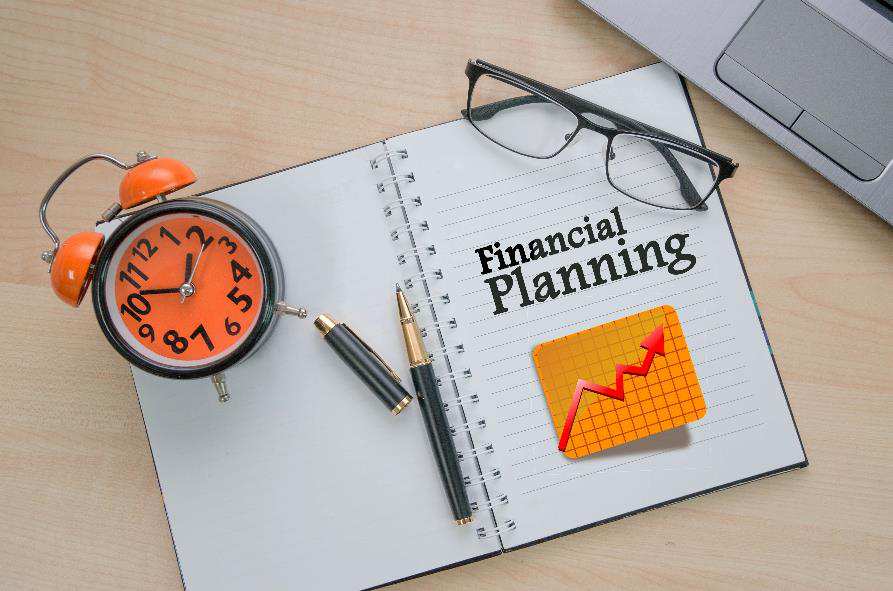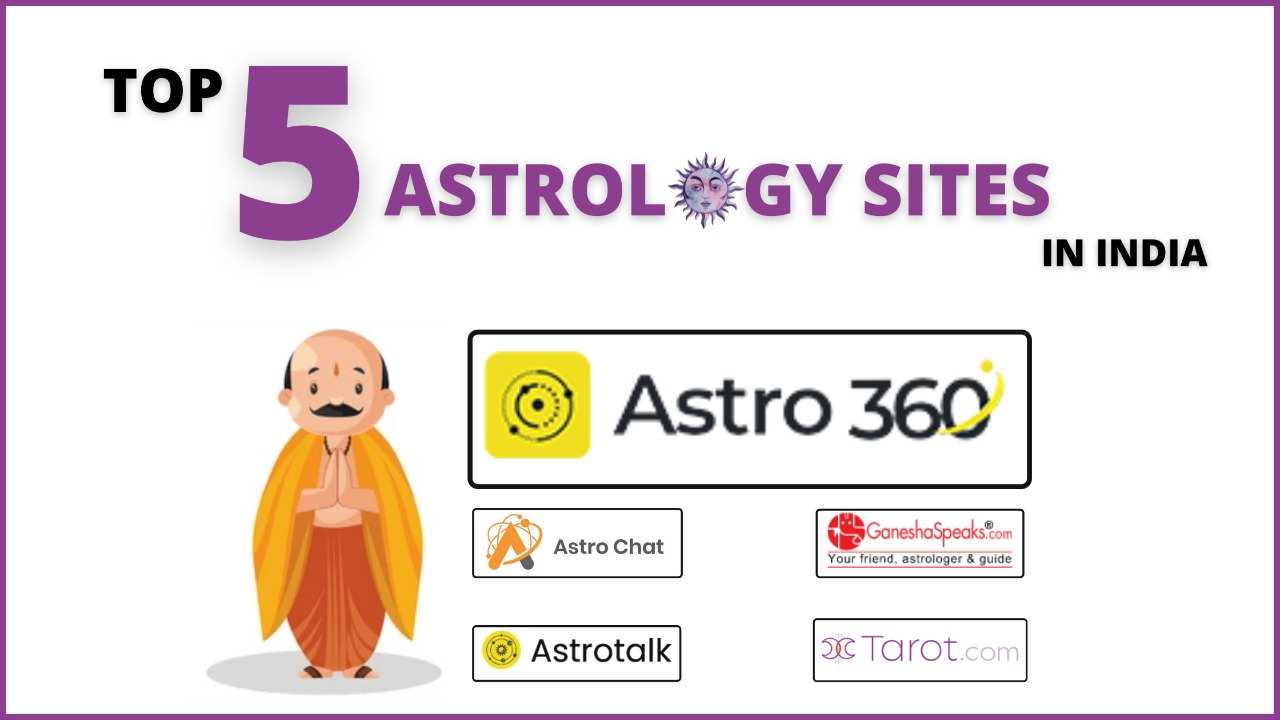The Chartered Economist (Ch.E) designation program is designed by leading economists globally to bridge the gap between what is learned in an academic setting and the knowledge needed to succeed as a practitioner.
If you practice economics in your work or want to make a career in ‘Economics’ earning the Chartered Economist Designation enhances your skills & knowledge in your chosen domain area of Economics. It serves to verify your achievements. The designation holders enjoy distinct professional advantages and are considered as ‘Leaders in the Field of Economics’.
Ch.E’s are trusted by employers to deploy their skills, tools, and experience in bringing out clarity to decision-making processes, enhancing outcomes for their organizations.
The Ch.E Designation is the verification that you have the skills, knowledge, ethics, and dedication to deliver this value in the workplace.
One can opt for any specialized designation under the designation of Chartered Economist:
- CHARTEED PETROLEUM ECONOMIST (Ch.PE.)
Petroleum Economics has a vital role to play in the Oil & Gas Industry. Petroleum Economics brings together information and expertise across the E&P spectrum and a clear understanding of concepts such as cash flow analysis, organizational challenges, price forecasting, cost drivers and risk management. This training event aims to bring together a wide industry audience including practitioners of economics and decision making, petroleum engineers & geoscientists and offers structured short interactive training sessions on topics such as Economic Modeling, Decision Analysis, Exploration Analysis and Economics of Unconventional Resources.
- CHARTERED INDUSTRIAL ECONOMIST (Ch.IE.)
Industrial Economists study the firms, industries, and markets. They look at firms of all sizes – from local corner shops to multinational giants such as WalMart or Tesco. And they consider a whole range of industries, such as electricity generation, car production, and restaurants. When analyzing decision making at the levels of the individual firm and industry, Industrial Economists helps to have insights in organizing activities and increasing resources.
- CHARTERED MANAGERIAL ECONOMIST (Ch.ME.)
A managerial economist plays a vital role in the decision-making process of an organization. They are responsible for assisting the top management of an organization to make efficient business decisions. They make use of a number of complicated and specialized techniques required in the process of business decision making.
Apart from this, they are also accountable for analyzing the internal and external factors that affect the business environment of an organization.
- CHARTERED FINANCIAL ECONOMIST (Ch.FE.)
A Financial Economist analyzes the market finances for real estate, purchasing rate and interest associate risks and evaluates all associate products and services, performs regular checks on products. They coordinate with commercial management network and develop short term and long term risk decisions and prepare different reports; perform regular analysis of financial capital and initiate appropriate risk management decision, analyze all ad hoc reports for credit reports and perform risk management for various commercial sectors.
- CHARTERED ENERGY ECONOMIST (Ch.EE.)
An Energy Economist identifies trends, estimate production, and crunch the consumption numbers. Businesses rely on the ability of an Energy Economist to gather a plethora of raw data, run computations, and spit out usable information. It’s the job of an Energy Economist to research ways that how natural resources has been used in the past, the rate of current consumption, the areas that use the highest quantity of the product, the future consumption rate, the cost of production, and its use in other areas/countries.
- CHARTERED HEALTH ECONOMIST (Ch.HE.)
Health economists are professionals who combine their knowledge of economics and the health care industry to analyze how health care resource are used and distributed. They focus on ways to better understand the health care system, improve health care policies and the quality of patient care.
- CHARTERED ECONOMIC POLICY ANALYST (CEPATM)
Economic analysts research significant trends in commerce and business. From their research, they forecast the effects of these trends on a company or industry. They often work for privately held companies, financial institutions or state and federal government. Some of the information they might analyze includes energy costs, taxes, healthcare costs, and inflation or employment levels, depending on their industry
Chartered Economist is a reputed and a well recognized designation in the field of economics and with this certified course one can stand out in the crowd and can thrive in the global market; with the increase in finnacial ad welalth factors, the need of economists is on a new spree and gaining a specialization in this very subject can undpubltedly be proved as something beneficial.



























